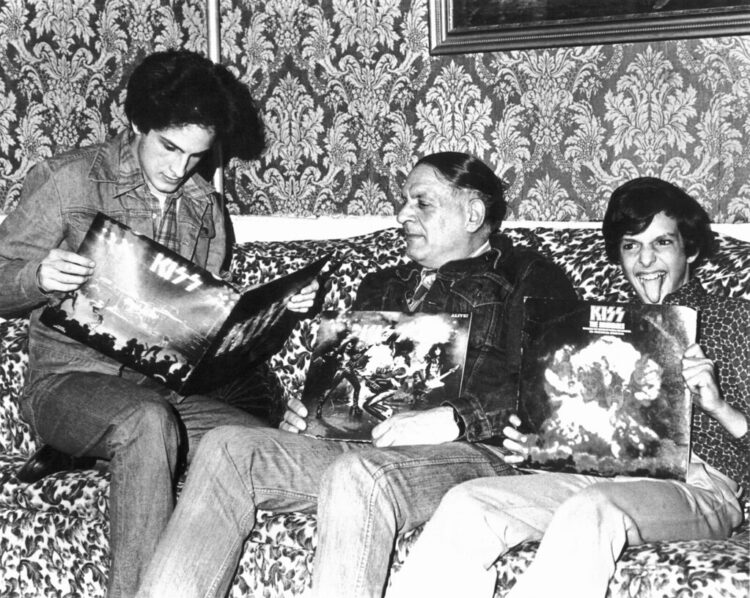
The world didn’t turn cold overnight—it happened slowly. If you grew up in the ’70s, you might remember life feeling more personal, more connected, more human. Things have changed. Some of that everyday warmth has quietly faded, and what’s left can feel distant, rushed, or strangely empty.
Neighbors don’t know each other anymore.
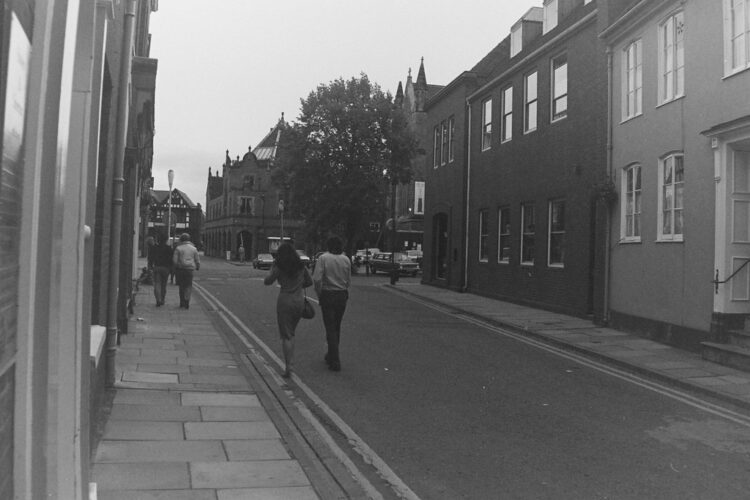
In the ’70s, neighbors were part of your life’s rhythm. You waved from driveways, stopped to chat, borrowed sugar, and watched each other’s kids without overthinking it. There was a quiet trust—an understanding that if something went wrong, someone nearby would notice and care. These days, people pull into garages and disappear.
Eye contact feels rare and uncomfortable.
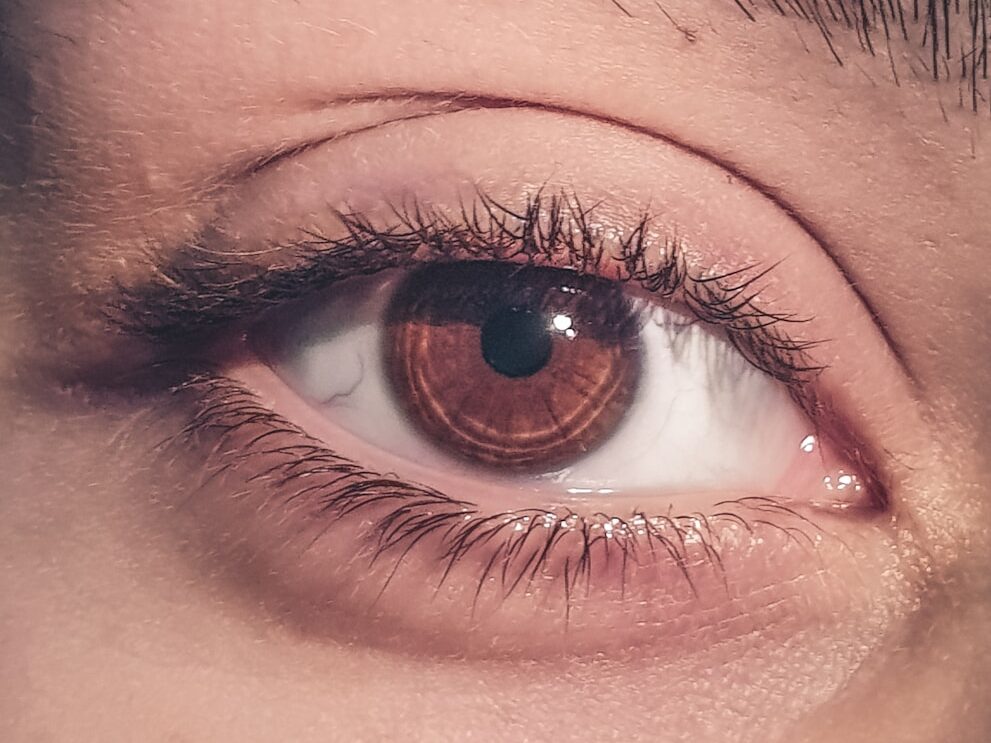
A glance once meant acknowledgment. In the grocery store, on the sidewalk, at a red light, eye contact reminded you that you existed in a shared space with other people. Now, people look down, look through you, or look past you. Everyone seems busy, preoccupied, or guarded. When it happens, eye contact can feel jarring rather than warm. A moment that once sparked connection now often slips away, unnoticed.
Everything feels automated and transactional.
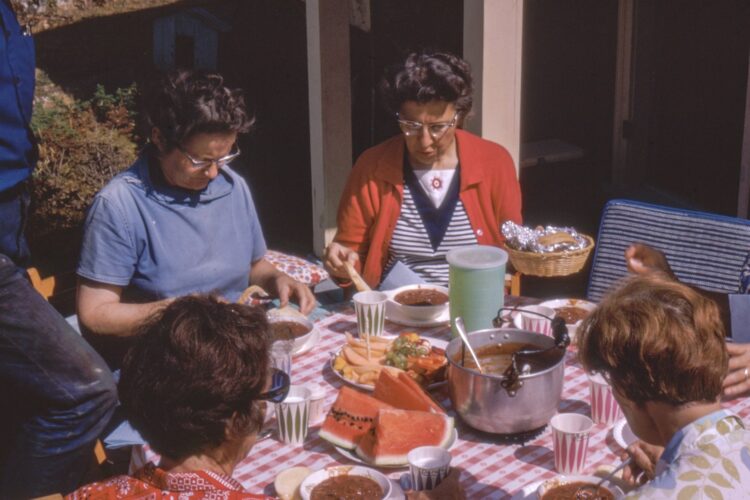
You used to recognize the people who helped you. The bank teller asked about your kids. The grocery clerk remembered your usual order. Even the mechanic knew your name. These weren’t deep relationships, but they added a human layer to your day. Now, interactions have become streamlined. Machines, menus, and apps make things faster, but not warmer. Tasks get done, but conversations disappear.
Kids aren’t free to just be kids anymore.
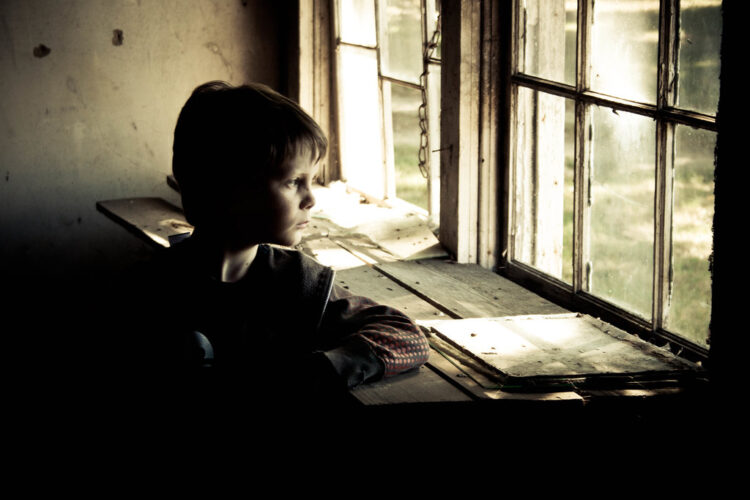
Children used to live outside—unsupervised, unpredictable, wonderfully messy. They knocked on doors, climbed trees, scraped knees, and figured things out on their own. Now, childhood feels controlled. Activities are scheduled, monitored, filtered, and documented. Play happens inside apps. Exploration is limited by safety concerns and social expectations.
Small talk doesn’t mean what it used to.
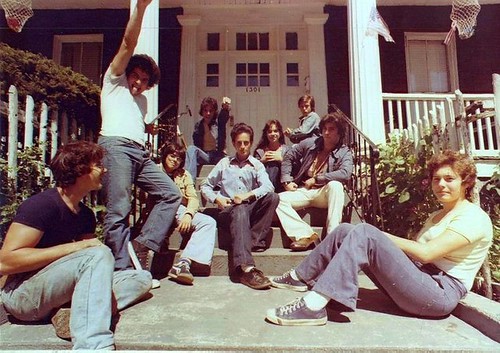
Once, small talk was how strangers became familiar. A conversation in line could lead to laughter, a new friend, or at leasta lighter day. People had time to engage, even briefly. Now, those moments feel rushed or skipped altogether. Everyone’s multitasking or half-present, offering polite nods instead of real warmth. There’s a noticeable drop in spontaneous friendliness, and while most people are still kind at heart, their energy rarely makes it to the surface.
Showing up in person feels rare.
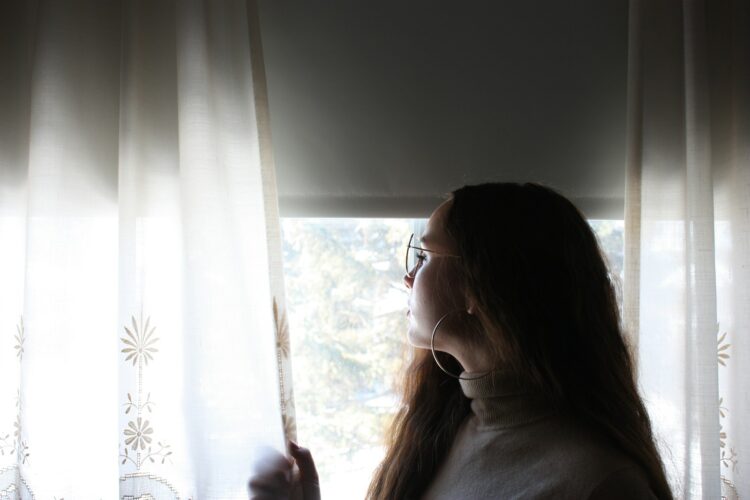
Support meant presence. When someone was hurting, you didn’t wait to be asked. You stopped by. You stayed. You listened. Today, gestures often come from a distance. A text message. A heart emoji. Maybe a “thinking of you” comment. These things have value, but they don’t carry the weight of being physically there. Presence used to offer comfort that words couldn’t match.
You’re expected to always be productive.

There was a time when sitting still wasn’t questioned. You could rest without guilt. You weren’t expected to improve yourself constantly or squeeze value from every hour. Now, people feel pressure to optimize every moment, to prove they’re busy, useful, or building something. Hobbies are monetized. Free time becomes content. The space to simply exist, without performing or producing, has been shrinking.
Affection is awkward and uncertain.

Touch used to be a natural part of connection. You hugged friends without hesitation. You reached out in comfort without worrying how it might be interpreted. Today, touch often comes with hesitation or overthinking. People fear being misunderstood or crossing lines, so they pull back. And while boundaries are important, many people are quietly starving for connection, they’re too unsure to initiate.
Silence feels uncomfortable, not peaceful.
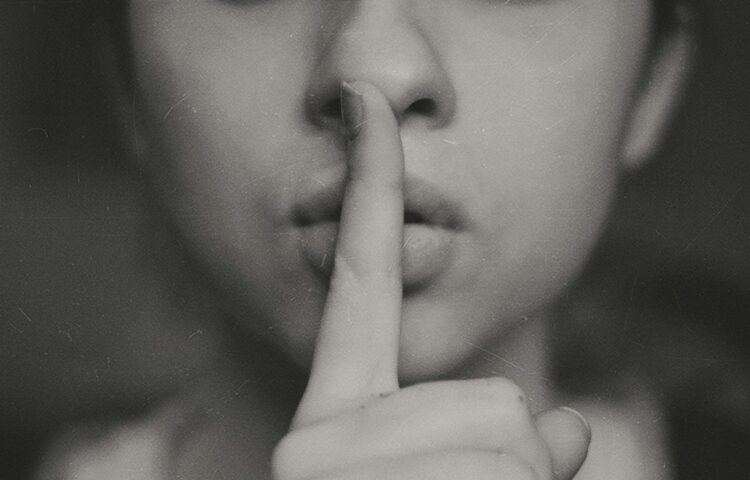
Sharing quiet used to be a form of closeness. You could sit with someone for an hour and say nothing—and still feel deeply connected. Now, silence is quickly filled with noise: scrolling, background shows, quick commentary. People reach for a distraction the second a pause appears. Stillness feels awkward rather than calming. We’ve become uneasy with our own presence, and with each other’s quiet.
Everything is a transaction now.

Conversations feel like negotiations. Help is offered with conditions. Invitations carry subtext. People wonder what’s expected, what they owe, or what’s being tracked. In the past, you could count on others simply because they cared. There was trust that kindness wasn’t a tactic. Now, sincerity often has to fight suspicion. Even in friendships, people keep score.
People assume the worst by default.
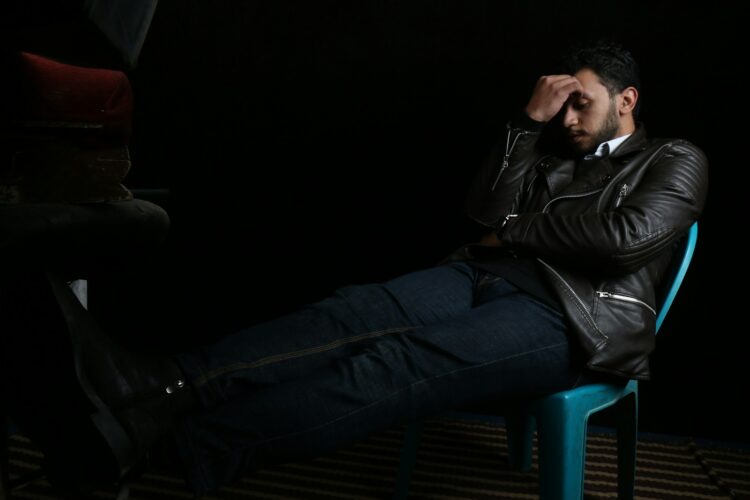
Where there was once room for the benefit of the doubt, now there’s quick judgment. A delayed reply means disinterest. A quiet mood is seen as passive aggression. A simple mistake becomes a sign of deeper flaws. This mindset doesn’t come from malice, but from being burned. People are more guarded because they’ve been let down. However, when everyone braces for disappointment, trust gets lost before it’s even built.
Gratitude has become watered down.

A genuine thank-you once lingered. A handwritten note, a follow-up phone call, a gesture that showed you were truly seen—these were part of the rhythm of appreciation. Now, people react with emojis or quick texts, and then move on. Gratitude happens faster, but feels thinner. Not because people don’t care, but because reflection is often skipped. Without taking time to express it fully, appreciation starts to feel like an afterthought instead of a moment of real connection.
Friendships feel more temporary.

Friendships used to stretch across decades. They were built on shared memories, rough seasons, and long talks at the kitchen table. You knew your people would be there, even when life changed. Now, many friendships are digital, shallow, or fleeting. A disagreement means distance. A busy schedule means fading away. People drift, not out of malice, but because attention is fragmented and loyalty is harder to maintain.
Death feels more isolated now.
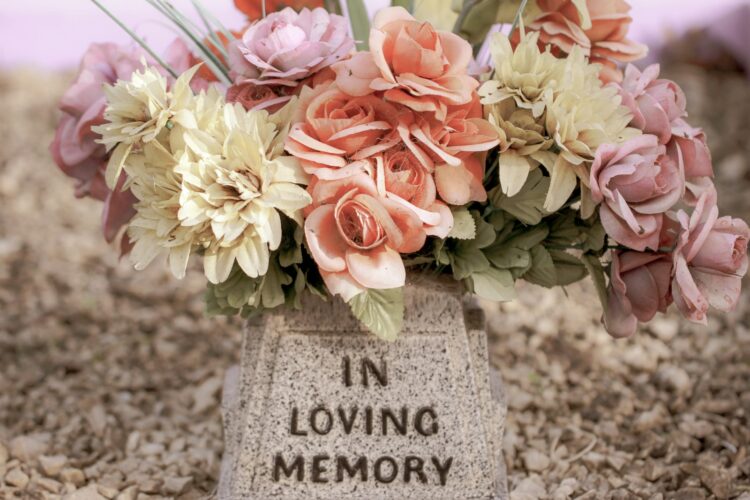
When someone passed away, the entire community responded. People cooked, cleaned, sat with you, and remembered the person who was lost. Now, grief often plays out behind a screen. Condolences are sent in messages. Funerals are live-streamed. Support lasts a few days, then vanishes. The rituals that helped people carry loss have thinned out, leaving many to mourn privately, quietly, and for longer than anyone realizes.
Everyone’s distracted, all the time.

You can sit in front of someone and still feel miles apart. Minds wander. Eyes flicker to phones. Conversations are broken into fragments by alerts and multitasking. The art of being fully present is slipping away. People don’t mean to disconnect. But with so many things competing for focus, deep presence becomes rare. And when it’s missing, relationships lose the closeness that once felt effortless.

